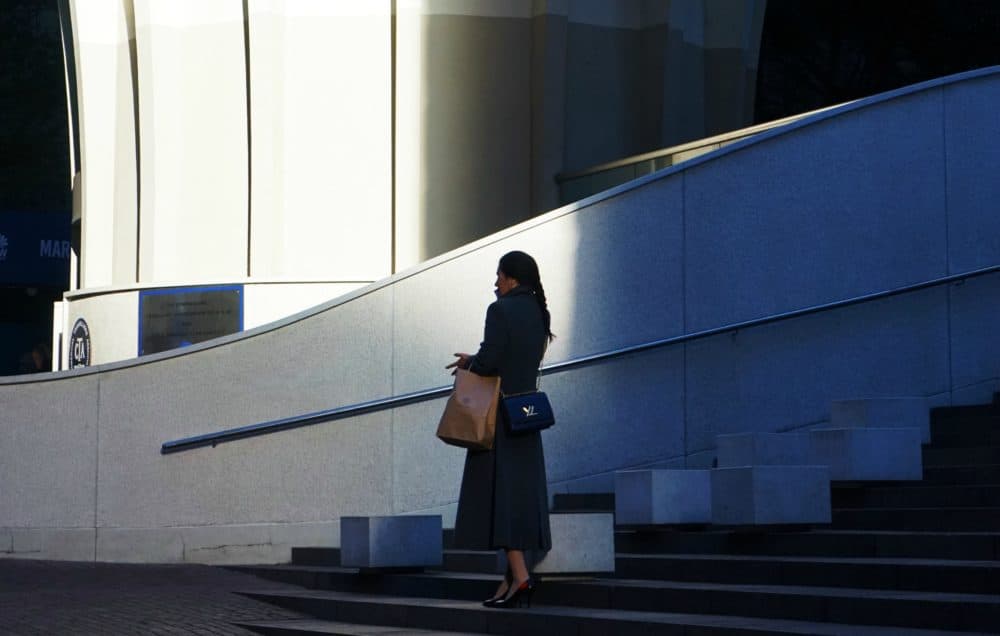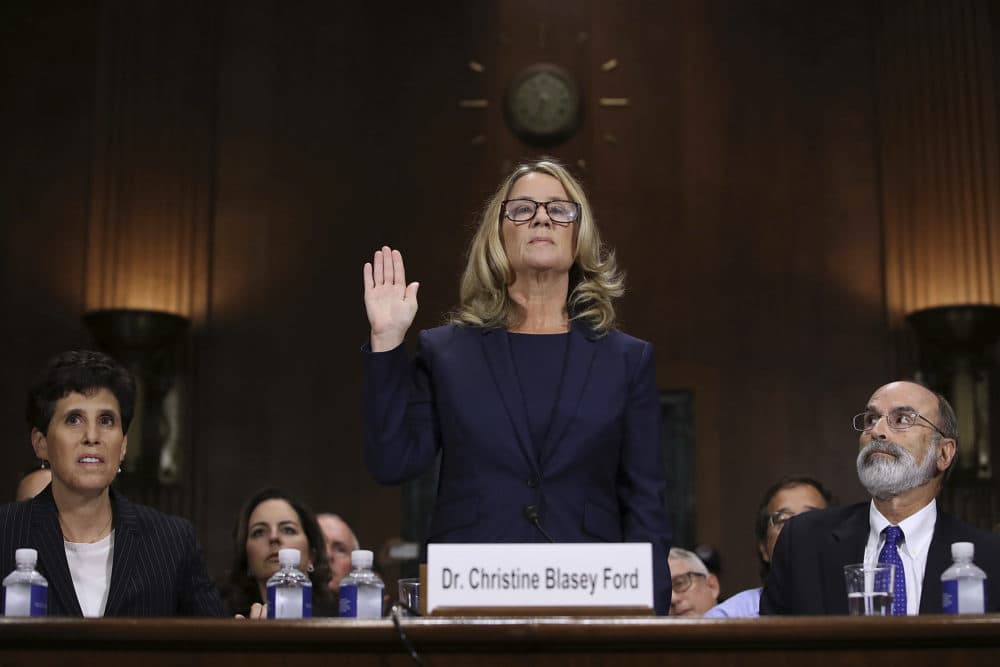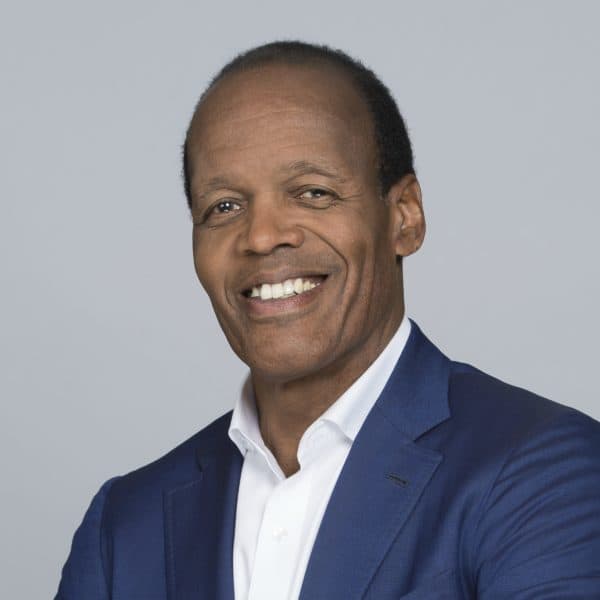Advertisement
Commentary
Those Of Us Who Benefit From The Power Gap Have An Even Greater Responsibility To Close It

Last Thursday, my day started as one of four panelists to discuss the results of a new study reporting on the so-called "power gap" in higher education.
The review found that Massachusetts colleges and universities "have a long way to go to reach gender parity across all leadership categories,” including presidents, senior administrators and boards. Even in our progressive commonwealth, not a single one of our 17 large universities has a woman board chair, and at 26 schools, women make up less than one-third of board members. Thirty-two schools have never had a woman president.
Emerson College, where I serve as president, fared fairly well — though not well enough to be included in the top tier of rankings. My predecessor, Emerson’s first female president, served for 18 years. The provost and executive vice president are women, two of our four deans are women, eight out of the 12-member president’s cabinet are women, and almost a third of our board of trustees are women.
Yet, we have not reached parity.
Why have our colleges and universities been slow to change? The answer lies in the study's title: The gap is about power — men clinging tenaciously to it, often at the expense of equally or more capable women.
After the panel discussion ended, I rushed off to participate in a board of trustees committee conference call.
During the meeting, I was struck by the juxtaposition of where I started my day and the practically all-male membership of the committee, of which I was one.
So, I canceled my next meeting and instead went to my office, closed the door, and opened my computer to live stream the Senate Judicial Committee hearings.
I watched in rapt attention as Dr. Christine Blasey Ford testified — and I knew that for every one woman like her, there are many more who suffer alone in a weary silence.

On my screen, I noted a row of all male senators, sitting erect in their starched white shirts and neatly pressed suits, each and every one of them, mute, wrapped in the safety of their silence, a sharp contrast to the woman who sat before them.
Later, I watched one of these same senators, red-faced, spittle flying out of the corners of his mouth, his hands gesturing menacingly, say, “If you vote no, you’re legitimizing the most despicable thing I have seen in my time in politics. … You want this seat. I hope you never get it.”
And I thought to myself: Yes, knucklehead, it is a despicable thing and you are part of the problem. But as awful as the hearings were, they are merely a symptom of a metastasizing power gap in our society.
And then I think of the women, some young, or some, like the Emerson alumna in her mid-50s so moved by the Senate Judiciary Committee hearing that she wrote to me about a sexual assault she endured at Emerson more than three decades ago and which she is just now, for the very first time, talking about. She ended her note to me: “Thank you for listening to my truth.”
I thought about how I am implicated in this power gap -- and I am humbled.
And then my thoughts turned to someone whom I love deeply and whose own accounts of sexual assault have been seared into my brain. I thought of how these proceedings, exacting replicas of the power gap, have awakened in her a tumult of emotions: sadness, despair, embarrassment, fear, anxiety, desolation, disorientation, chaos, panic, uncertainty, disgrace, shame, ignominy and most recently, anger and a righteous rage she now shares with women all across America.
She searches hungrily for resolution or a place of repose. And it never comes. I thought how much has been taken from her, how she has suffered in silence. Like so many others.
I thought about how I am implicated in this power gap — and I am humbled.
In the book of Ezekiel, God sought a person who would stand in the gap, stand in the middle, who would intercede on behalf of the tired and the weary.
But there is no one person who can, and so we all must. The power gap is a pervasive and pernicious disorder that will require courage from individuals as well as structural and systemic solutions from our institutions, large and small. We must stand strong against those who would reset the clock to a time when institutions or governments or courts ignored or belittled reports of sexual assault.
On this day, and every day forward, let’s stand with the women who, facing terrible odds and ridicule, come forward with bravery and resolve, and yet who struggle — even now — to be heard, to be seen and most of all, to be believed.
